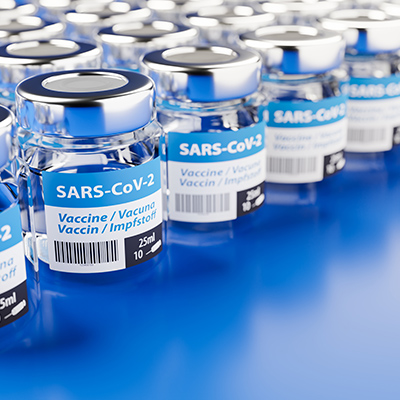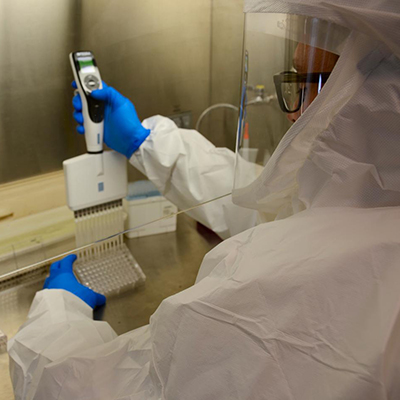May 11, 2020 -- Filling the therapeutic gap for coronavirus treatments with existing drugs approved for other uses could greatly benefit patients around the world. Researchers from the University of Kentucky urged the scientific community to quickly identify drugs that may be repurposed in the fight against COVID-19 in an opinion piece published May 8 in Science.
Until recently, coronaviral drug discovery had been a low priority relative to efforts to fight other viral diseases such as influenza, despite the fact that previous coronaviruses were responsible for recent epidemics such as severe acute respiratory syndrome (SARS) and Middle East respiratory syndrome (MERS). Although both SARS and MERS had high mortality rates (10% and 35%, respectively), they affected relatively fewer patients than COVID-19.
The RNA virus behind COVID-19, SARS-CoV-2, is more transmissible than past coronaviruses in part due to asymptomatic carriers, long latency periods, and high infectivity. Based on these factors, the authors suggested that COVID-19 will peak for several seasons before herd immunity is established. They therefore called on researchers, ethics boards, and regulators to coordinate rapid hypothesis-generating studies now, during the first peak, which will justify a smaller number of larger trials in later peaks.
The authors cited two existing treatments with the potential to reduce viral entry of SARS-CoV-2.
The first is recombinant human angiotensin-converting enzyme 2 (rhACE2, or APN01), which is currently being developed as a treatment for acute lung injury and pulmonary arterial hypertension. The treatment has shown promising results in organoid-based experiments and is currently under clinical investigation for viral blockage in COVID-19 patients.
The second potential therapy is a transmembrane protease serine 2 (TMPRSS2) inhibitor, camostat, which is approved in Japan for the treatment of chronic pancreatitis and postoperative gastric reflux. The drug can block viral entry by inhibiting proteolytic processing of the spike protein. Clinical trials of camostat and the related agent nafamostat for COVID-19 have already started in the Netherlands and Germany.
The authors also called for controlled, randomized trials to test the efficacy and safety of the antimalarial drugs chloroquine and hydroxychloroquine, as well as remdesivir and favipiravir, which inhibit the RNA-dependent RNA polymerase (RdRp) responsible for replication and transcription of the viral RNA.
Aligning these hypothesis-driven treatments with the small number of clinical trials makes it difficult to approve drugs for COVID-19. However, it is necessary to quickly and efficiently develop a plan that will allow the drugs to be approved in time to be executed in later peaks of the disease, according to the authors.
Do you have a unique perspective on your research related to drug discovery? Contact the editor today to learn more.
Copyright © 2020 scienceboard.net











